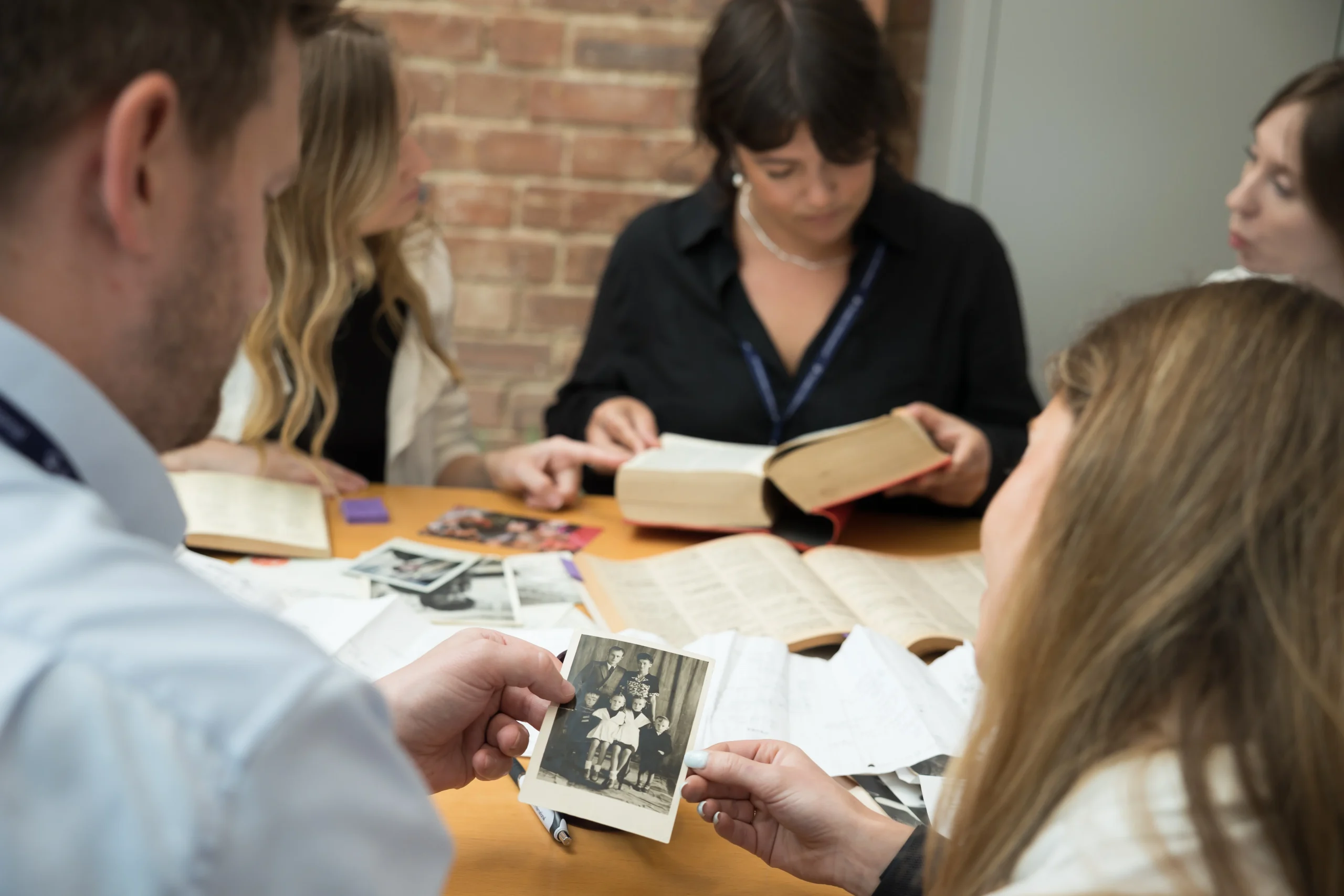December 16, 2025
Meeting KLTR Standards in Scotland

When someone passes away without leaving a Will, the process of establishing who has the legal authority to administer their estate can quickly become complex. Unlike cases where a named executor is appointed, intestate estates often require additional investigation to confirm who is entitled to act.
In Scotland, this process is closely linked with the role of the King’s and Lord Treasurer’s Remembrancer (KLTR). Acting on behalf of the Crown, the KLTR is responsible for dealing with ownerless property, including estates where no heirs can be identified. Before an estate is passed to the National Ultimus Haeres Unit – the part of the KLTR that administers such estates – practitioners are expected to demonstrate that every reasonable effort has been made to trace next of kin.
This requirement serves two important purposes: first, it ensures that the rights of potentially entitled heirs are protected; second, it provides solicitors and administrators with clear standards of due diligence. The KLTR’s guidance recognises that intestate estates are often sensitive, and that identifying relatives, even distant ones, can prevent estates being unnecessarily treated as heirless.
For those working in executry practice, guardianship, or financial administration, however, meeting this standard is rarely straightforward. Families may be scattered across Scotland, the wider UK, or even overseas. Records can be incomplete or difficult to access, and without the right expertise, valuable time can be lost in trying to verify connections. This is why professional support in genealogical research and estate administration has become such a key part of the process in Scotland today.
Partnering with an experienced probate genealogy firm like Finders International ensures this crucial step is handled thoroughly and with confidence.
Supporting Executors and Administrators
Our Scottish team provide specialist support to those managing intestate estates. We help to:
- Trace next of kin thoroughly, in line with KLTR expectations — at no cost to the referrer.
- Advise on guardianship and capacity issues that may affect estate administration.
- Assist with Executry services, including obtaining Bond of Caution to protect beneficiaries and creditors.
- Provide guidance where an appointee is involved but lacks authority to administer an estate.
- Supply verified family trees and statutory declarations to evidence due diligence.
Our involvement helps reduce the risk of referrals being returned by the KLTR, saving valuable time and ensuring the best outcome for your client.
Case Study: Securing an Executor-Dative in Renfrewshire
A Renfrewshire-based solicitor contacted us several years after his client had died, leaving a modest estate of around £10,000. As there was no Will and no clear executor, the solicitor needed to identify a family member who could act as executor-dative.
Initial attempts to trace relatives had been unsuccessful, and with no guarantee of finding someone willing to act, the solicitor chose our contingency option — a no-win, no-fee arrangement that removed any financial risk.
Through our research, we discovered that the deceased’s sister had moved to England, married, and later passed away under her married name. She had two sons, both still living in England. After contacting them, one agreed to take on the role of executor-dative. This allowed the estate to be administered properly and both sons to receive their rightful inheritance.
This case illustrates how professional probate research can unlock estates that may otherwise stall, giving families closure and ensuring the law is upheld.
Speak to Our Scottish Team
If you are dealing with an intestate estate or require advice on executry matters, our team in Scotland is here to help.
📞 0800 085 8796
🌐 www.findersinternational.com














